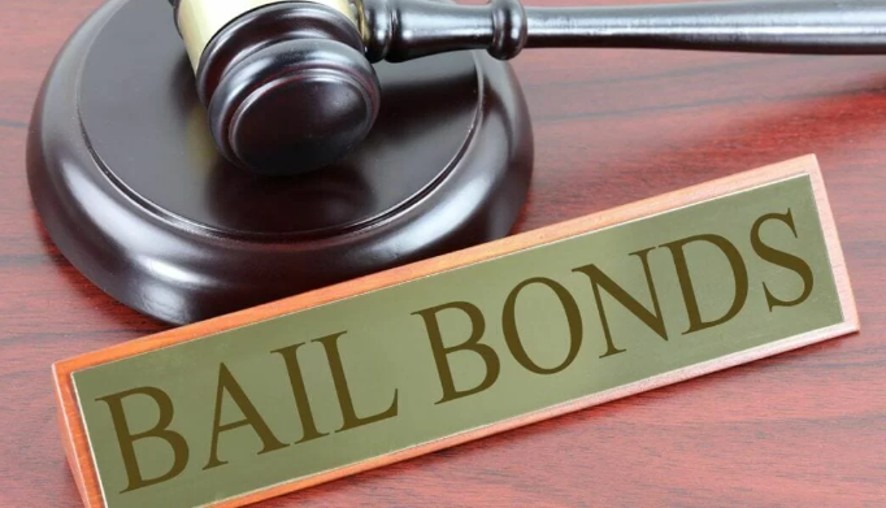NEWS
FAQ About Bail Bonds

In the event of an arrest, the court may set a bail amount defendants must pay to secure their release from jail as they await trial. A bail bond is a financial arrangement defendants make with the court if they cannot clear the entire bail amount. Here are answers to frequently asked questions about bail bonds to help you understand the bail posting process:
How Do Bail Bonds Work?
When a person gets arrested, the court has a hearing to decide how much money the defendant should pay as bail. The bail amount depends on the severity of the charges and the defendant’s flight risk. Defendants or their representatives can contact a bail bondsman for help if they cannot clear the bail. The bondsman charges a fee that cannot be refunded, which is a percentage taken from the total bail amount. After the defendant pays the fee, the bondsman enters a bail bond agreement with the court and pays the defendant’s bail.
Under the bail bond agreement, the bondsman assumes responsibility for bail if the defendant does not appear in court for your hearing. This agreement also makes the bail bonds agent responsible for presenting the defendant in court for their hearings.
What Happens if the Defendant Fails To Attend Court Hearings?
Should a defendant miss a court hearing, the court informs the bail bond agency that the bail is in default and gives them time to present the defendant. The court then issues a warrant of arrest for the defendant. A bail bond agency can choose to employ a bounty hunter. The bounty hunter will help locate and apprehend the defendant to avoid paying their bail.
A court may fine the defendant for failing to present themselves for trial. The court prohibits a defendant from leaving the state or county before the conclusion of their trial to minimize their flight risk. If you must leave the state or country, you must request permission from the court or your bail agent before leaving.
Is Collateral Required for a Bail Bond?
Bail bond agencies often ask the defendant to post collateral to secure the bail bond. Collateral presented to secure a bail bond must have a value equal to or greater than the bail amount. Assets like cars, real estate, or valuable items qualify as bail bond collateral. If the defendant fails to appear in court, the court forfeits their collateral to the bail bondsman.
Does the Court Return Bail Money?
Once your case is over, the court returns the money paid for bail to the bail bond agency, regardless of the case outcome. The bail bond agency then returns any collateral the defendant had surrendered to secure the bond. The premium paid to a bail bondsman is a fee for services rendered, making it non-refundable.
Seek Help From Reputable Bail Bond Agencies
Navigating the bail process requires an understanding of the rules and regulations governing bail bond agreements. By addressing frequently asked questions on bail bonds, you can make informed decisions in the event of an arrest. It also helps to consult with legal professionals and a reputable bail bond agency for help settling bail issues.










